Home>Home Maintenance>How Much Does A Home Inspection Cost In Texas
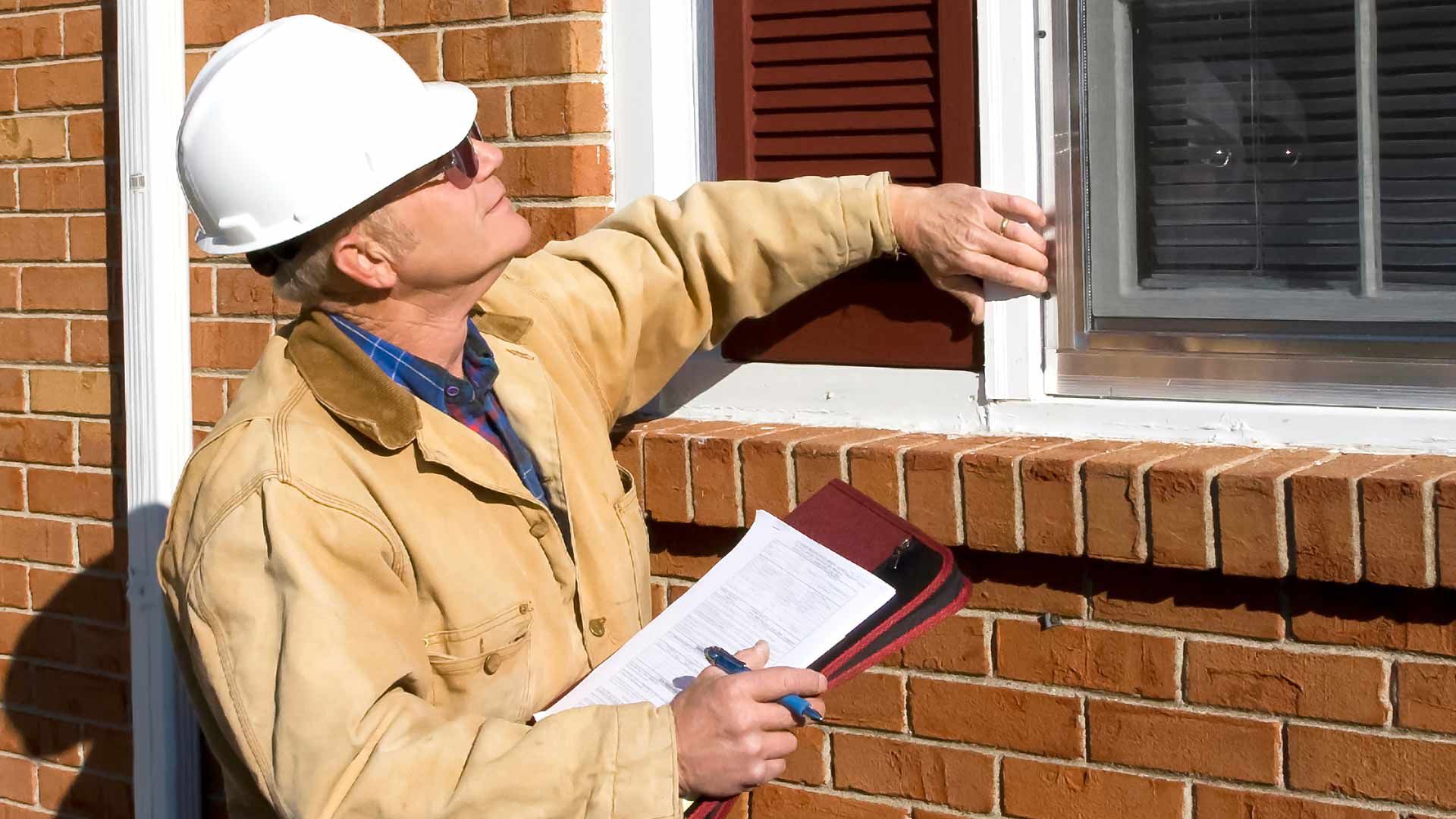

Home Maintenance
How Much Does A Home Inspection Cost In Texas
Modified: March 24, 2024
Find out the cost of a home inspection in Texas and get expert advice on home maintenance. Explore the best options for home inspections in Texas.
(Many of the links in this article redirect to a specific reviewed product. Your purchase of these products through affiliate links helps to generate commission for Storables.com, at no extra cost. Learn more)
Introduction
Welcome to the world of home inspections in Texas! Whether you’re a new homeowner or someone looking to buy a new property, understanding the importance of a home inspection is crucial. A home inspection provides a thorough evaluation of a property’s condition, helping to identify potential issues and ensuring that you make an informed decision.
One of the key factors to consider when planning a home inspection is the cost. Every homeowner wants to know how much a home inspection will set them back. In this article, we will explore the factors that affect the cost of a home inspection in Texas, the average cost you can expect, additional costs to consider, and tips for finding a reliable home inspector in the Lone Star State.
Before diving into the costs, it’s important to note that a home inspection is an investment in your property’s future. It provides peace of mind and can save you from costly repairs down the line. Think of it as a small price to pay for the long-term well-being of your home.
So, let’s jump in and explore the factors that influence home inspection costs in Texas.
Key Takeaways:
- Home inspection costs in Texas range from $300 to $500 on average, but factors like property size, age, and additional structures can affect the final price. It’s an investment in your home’s future!
- To save money on home inspections, compare quotes, bundle services, and consider a pre-listing inspection. Prioritize quality over price, and ensure a thorough evaluation of your property’s condition.
Read more: How Much Does Driveway Repair Cost
Factors Affecting Home Inspection Costs in Texas
Several factors influence the cost of a home inspection in Texas. Understanding these factors will help you better predict and budget for the cost of your home inspection. Here are the key factors:
- Property Size: The size of the property is a significant factor in determining the cost of a home inspection. Larger homes usually take longer to inspect, requiring more time and potentially additional inspectors. As a result, the cost of a home inspection tends to increase with the size of the property.
- Age of the Property: The age of the property is another important factor. Older homes often have more complex systems, such as outdated electrical or plumbing systems, which require additional attention during the inspection. As a result, a comprehensive inspection of an older property may cost more than a newer one.
- Accessibility: The accessibility of various components of the property can impact the cost of an inspection. If certain areas, like crawl spaces or attics, are difficult to access, it may require additional time and effort from the home inspector. This can result in higher inspection costs.
- Additional Structures: If your property includes additional structures such as detached garages, sheds, or guest houses, you may need to have these structures inspected as well. Each structure adds to the complexity and scope of the inspection, potentially increasing the overall cost.
- Geographic Location: Home inspection costs can vary based on the location within Texas. Generally, urban areas with a higher cost of living tend to have higher inspection fees. It’s important to consider the local market rates when budgeting for a home inspection.
- Additional Services: Some home inspection companies offer additional services, such as mold testing, radon testing, or thermal imaging. If you opt for these additional services, they will add to the overall cost of the inspection.
These factors can collectively affect the cost of a home inspection in Texas. Keep them in mind when estimating the expenses related to your home inspection.
Average Home Inspection Cost in Texas
The average cost of a home inspection in Texas typically ranges from $300 to $500. However, it’s important to note that this is just an average, and the actual cost can vary depending on the factors we discussed earlier. The size, age, accessibility, and additional structures of your property, as well as the location within Texas, can all impact the final cost.
It is advisable not to base your decision solely on the price. Instead, focus on finding a reliable and experienced home inspector who provides thorough and comprehensive inspections.
Although cost is a consideration, remember that a home inspection is an investment in your property’s future. An inspector’s ability to identify potential problems or hidden defects can save you significant expenses in the long run.
It’s always a good idea to obtain quotes from multiple home inspection companies to get a better understanding of the average pricing in your area. This allows you to compare prices and make an informed decision.
Furthermore, keep in mind that the cost of the inspection should be seen relative to the overall value of the property. Spending a few hundred dollars on a thorough inspection is a small price to pay compared to the potential headaches and financial burdens that could arise from overlooking important issues.
Now that we have a better understanding of the average cost, let’s explore some additional costs to consider when budgeting for a home inspection in Texas.
Additional Costs to Consider for Home Inspections
When budgeting for a home inspection in Texas, it’s important to consider additional costs that may arise during the inspection process. While the base cost of the inspection typically covers the general evaluation of the property, there are certain additional services or factors that may incur extra charges. Here are a few additional costs to keep in mind:
- Additional Testing: Depending on the specific concerns or requirements of the property, you may need to opt for additional testing services. This could include tests for radon, mold, asbestos, lead, or water quality. These specialized tests typically come with an additional fee.
- Termite Inspection: In Texas, termite inspections are often separate from the general home inspection. If you suspect or are advised to have a termite inspection, it will likely incur an extra cost. Termite inspections are crucial, as they help identify any infestations or potential damage caused by these pests.
- Re-inspections: If the initial home inspection reveals significant issues that need to be addressed before finalizing the purchase, you may need to schedule a re-inspection. These re-inspections are necessary to ensure that the identified issues have been properly resolved. While not always mandatory, they provide peace of mind and may come with an additional fee.
- Travel Expenses: Home inspectors may include travel expenses in their costs if the property is located outside their usual service area. This is common in rural or remote locations and should be discussed and agreed upon upfront to avoid any surprises.
- Additional Structures: If you have additional structures on your property, such as detached garages, pools, or guest houses, you may need to have these structures inspected separately. Each additional structure will likely come with its own inspection cost.
It’s important to have a clear understanding of these potential additional costs and discuss them with your chosen home inspector before the inspection. This will help you avoid any unexpected expenses and ensure that you receive a comprehensive evaluation of your property.
Now that we’ve covered the factors affecting the cost of a home inspection and the additional costs to consider, let’s explore how to find a reliable home inspector in Texas.
When budgeting for a home inspection in Texas, expect to pay an average of $300 to $500. Prices can vary based on the size and age of the home, as well as the inspector’s experience and location. Be sure to research and compare prices from multiple inspectors to find the best value for your money.
How to Find a Reliable Home Inspector in Texas
Choosing a reliable and experienced home inspector is essential to ensure a thorough and accurate evaluation of your property. Here are some tips to help you find a reputable home inspector in Texas:
- Research and Ask for Recommendations: Start by researching home inspection companies in your local area. Look for companies with positive reviews and a good reputation. Ask friends, family, or real estate agents for recommendations as well. Their firsthand experiences can help guide you in the right direction.
- Check for Licensing and Certifications: In Texas, home inspectors are required to hold a valid license. Verify the inspector’s credentials and ensure that they are properly licensed. Additionally, look for certifications from reputable organizations such as the American Society of Home Inspectors (ASHI) or the International Association of Certified Home Inspectors (InterNACHI).
- Review Sample Reports: Request sample inspection reports from potential home inspectors. These reports will give you a better understanding of their thoroughness and attention to detail. Look for comprehensive reports that clearly outline all findings, including photos and descriptions.
- Ask About Experience: Inquire about the inspector’s experience in the industry. A seasoned home inspector will have a better understanding of potential issues and will be able to provide a more accurate evaluation. Ask how many inspections they have conducted and how long they have been in business.
- Discuss the Inspection Process: Have a conversation with the home inspector about their inspection process. Ask about the areas and components that will be included in the inspection. A thorough inspection should cover all major systems of the property, including the electrical, plumbing, and HVAC systems, as well as the roof, foundation, and structural integrity.
- Request a Written Contract: Once you have selected a home inspector, request a written agreement or contract that outlines the details of the inspection, including the scope, cost, and any additional services. This will help protect both parties and ensure that there are no misunderstandings.
- Consider Insurance and Liability Coverage: Verify that the home inspector carries professional liability insurance. This insurance provides coverage in case a mistake or oversight is made during the inspection process. It offers you added protection and peace of mind.
- Attend the Inspection: Whenever possible, attend the home inspection yourself. This allows you to observe the process, ask questions, and gain a better understanding of the property. A reputable home inspector will encourage your presence and be willing to address any concerns you may have during the inspection.
By following these tips, you can identify a reliable home inspector who will provide an accurate assessment of your property’s condition. The next section will provide you with some valuable tips for saving money on home inspections in Texas.
Read more: How Much Does IPhone Repair Cost
Tips for Saving Money on Home Inspections in Texas
While a home inspection is an important investment, it’s natural to want to save money wherever possible. Here are some tips to help you save money on home inspections in Texas without compromising on the quality and thoroughness of the inspection:
- Compare Multiple Quotes: Obtain quotes from different home inspection companies and compare their prices. However, make sure to consider factors like experience, expertise, and reputation in addition to the cost. Remember, the cheapest option may not always provide the best value.
- Bundle Services: Some home inspection companies offer bundled services that include additional tests, such as radon or mold testing, at a discounted price. Consider bundling these services if they are relevant to your property to save money on individual tests.
- Ask for a Basic Inspection: If your budget is tight, consider requesting a basic inspection focused on essential components such as the structure, electrical systems, and plumbing. This can help reduce the overall cost while ensuring critical areas are thoroughly evaluated.
- Opt for a Pre-Listing Inspection: If you’re selling your property, consider getting a pre-listing inspection before putting it on the market. This allows you to identify and address any potential issues beforehand, reducing the likelihood of surprises during the buyer’s inspection. It can also help you negotiate repairs or adjust the sales price accordingly.
- Choose Local Inspectors: Hiring local home inspectors can help you save on travel expenses. Look for inspectors who are based in or near the area where your property is located to reduce any additional costs associated with travel.
- Negotiate Fees: Don’t be afraid to negotiate the inspection fees with the home inspector. While it’s important to respect the expertise and time involved, some inspectors may be open to adjustment based on the specific requirements of your property.
- Consider Referrals and Discounts: Ask your real estate agent or the home inspector if they offer referral discounts. Many inspectors are open to providing a discount if referred by a trusted source or real estate professional.
- Regular Maintenance and Repairs: Stay proactive with regular maintenance and repairs to minimize potential issues that may arise during the inspection. Addressing small repairs and maintenance tasks can help prevent bigger problems from becoming costly inspection items.
Remember, while cost-saving is essential, it’s important to prioritize the quality and thoroughness of the home inspection. Saving a few dollars upfront could lead to missed issues or inadequate evaluation, costing you more in the long run.
Now that you have some valuable tips on saving money, let’s conclude our discussion on home inspection costs in Texas.
Conclusion
When it comes to home inspections in Texas, understanding the factors that affect the cost, knowing the average pricing, and considering additional expenses can help you budget effectively. It’s crucial to find a reliable and experienced home inspector who will provide a thorough evaluation of your property’s condition.
Remember, a home inspection is an investment in your property’s future. It helps you identify potential issues and make an informed decision. While cost is a consideration, it’s essential to prioritize the quality and thoroughness of the inspection over price alone.
By following the tips provided, such as researching, asking for recommendations, checking licensing and certifications, and reviewing sample reports, you can find a reputable home inspector in Texas. Attending the inspection, requesting a written contract, and considering insurance and liability coverage can further protect your interests.
While saving money on home inspections is desirable, it’s essential not to compromise on the quality of the inspection. Comparing quotes, bundling services, and negotiating fees can help you save money without compromising on the thoroughness of the inspection. Additionally, considering a pre-listing inspection and staying proactive with maintenance and repairs can help you avoid costly surprises during the inspection process.
In conclusion, investing in a home inspection is a wise decision for any homeowner or potential buyer in Texas. It provides peace of mind and the opportunity to address any issues before they become major problems. By understanding the factors affecting home inspection costs, considering the average pricing, and implementing money-saving tips, you can ensure a comprehensive inspection at a reasonable cost.
So, when it comes to home inspections in Texas, prioritize quality, gather information, and make an informed decision. Your home is your biggest asset, and a thorough inspection will contribute to its long-term well-being.
Frequently Asked Questions about How Much Does A Home Inspection Cost In Texas
Was this page helpful?
At Storables.com, we guarantee accurate and reliable information. Our content, validated by Expert Board Contributors, is crafted following stringent Editorial Policies. We're committed to providing you with well-researched, expert-backed insights for all your informational needs.


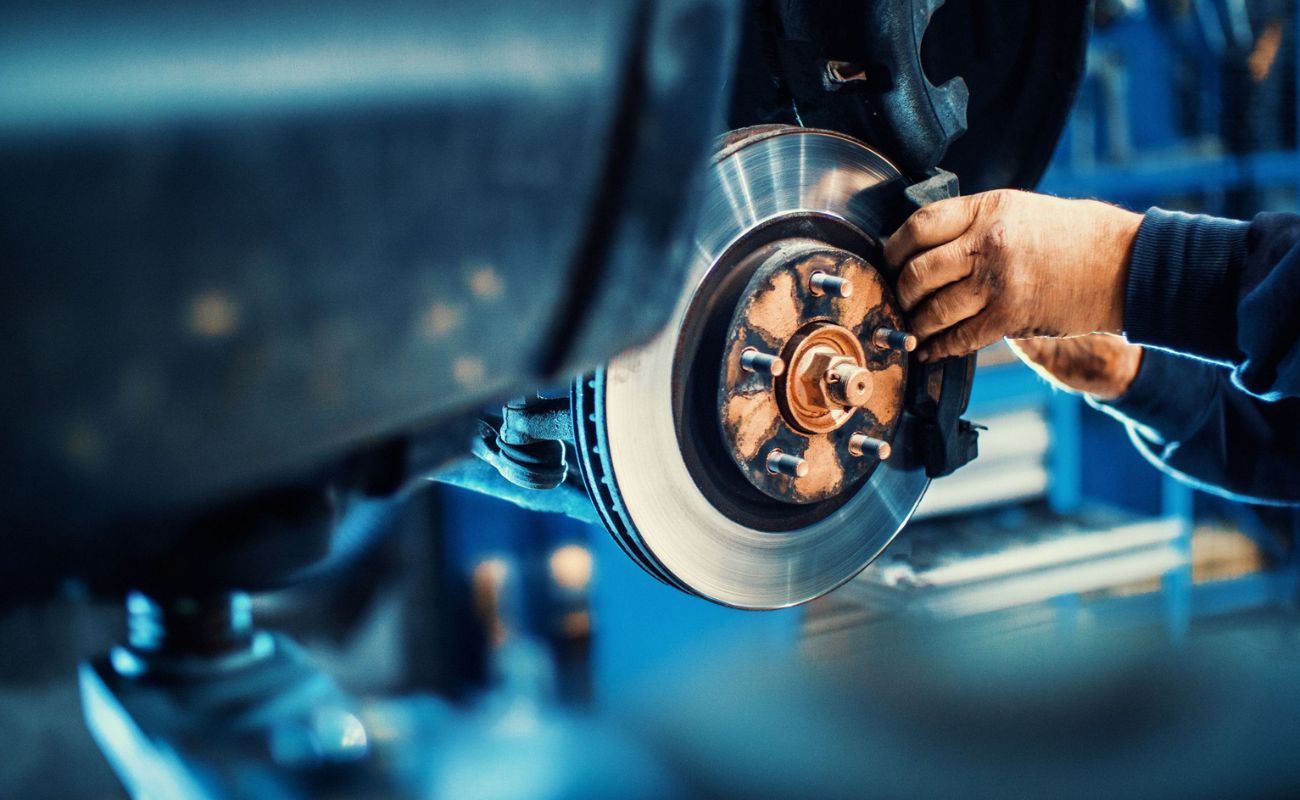
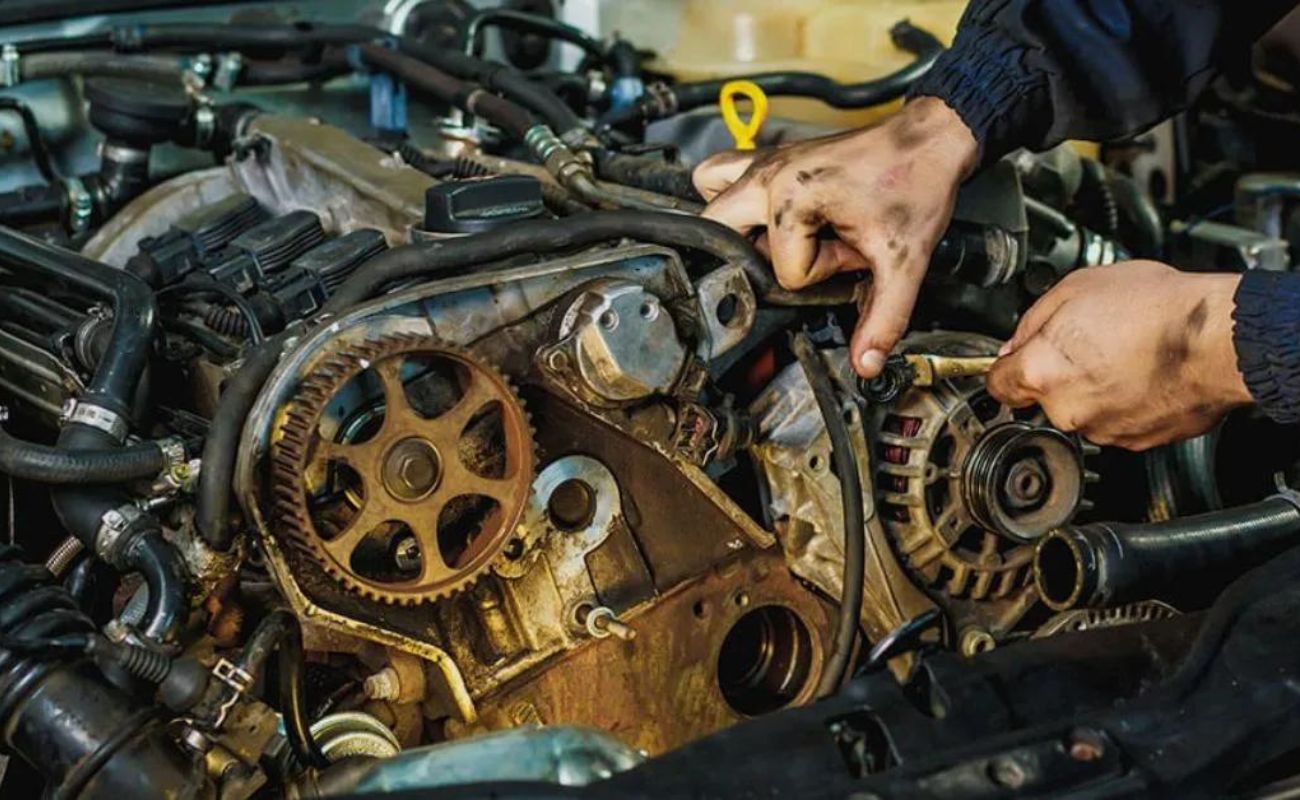


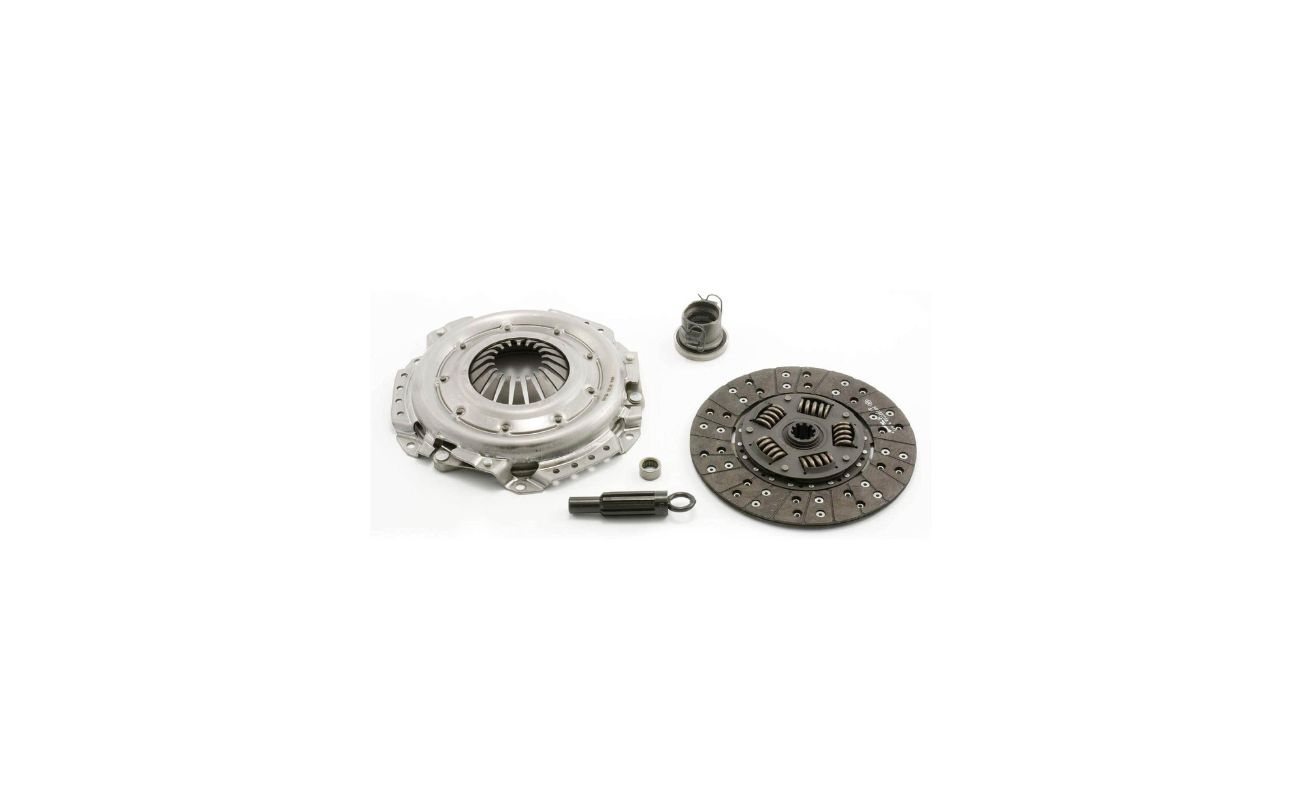
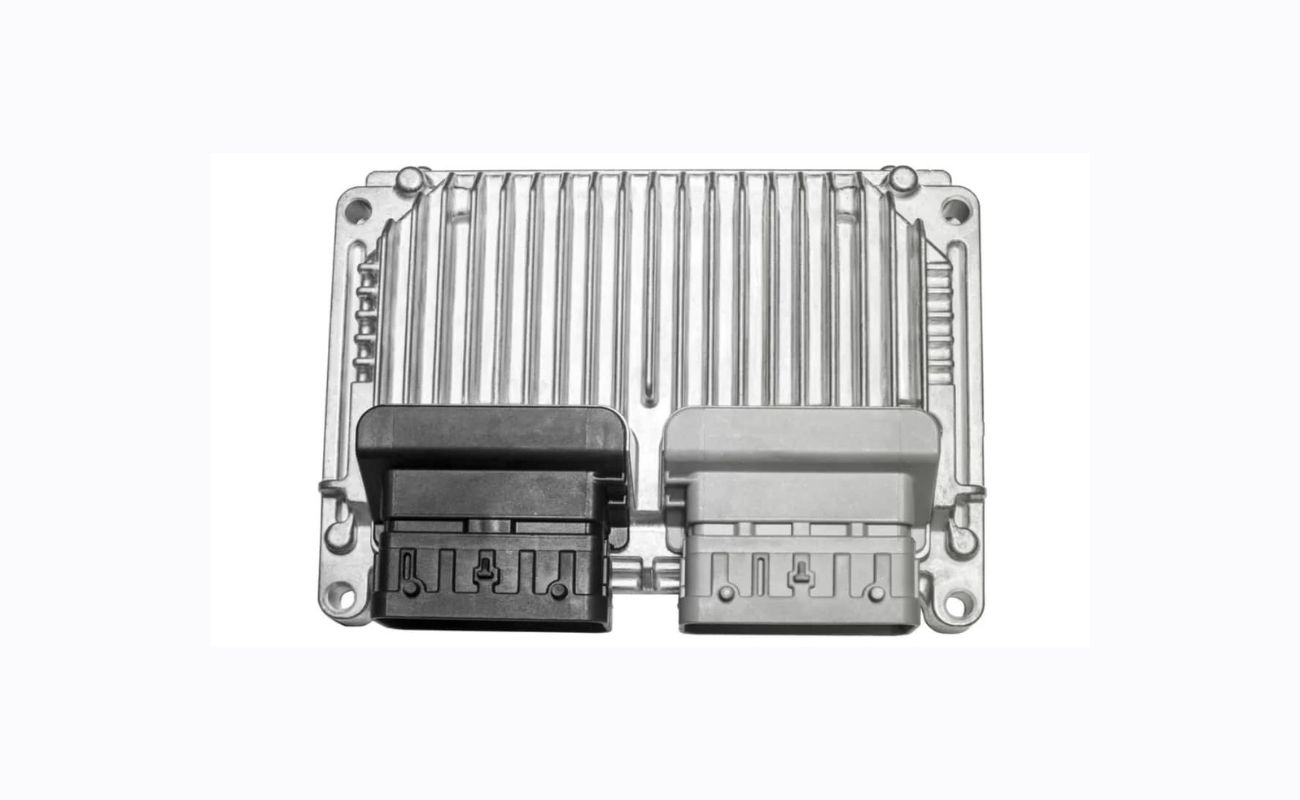

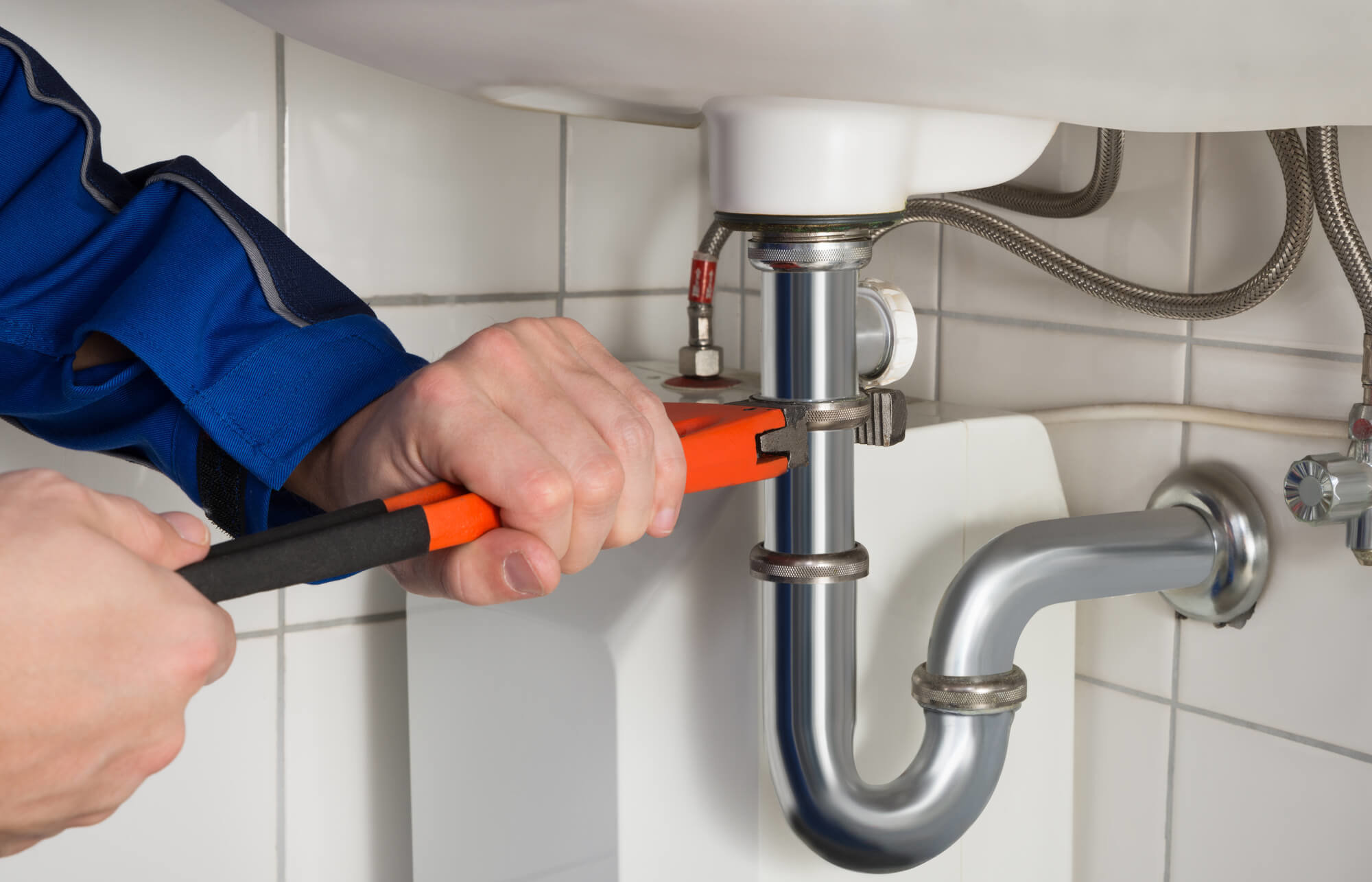
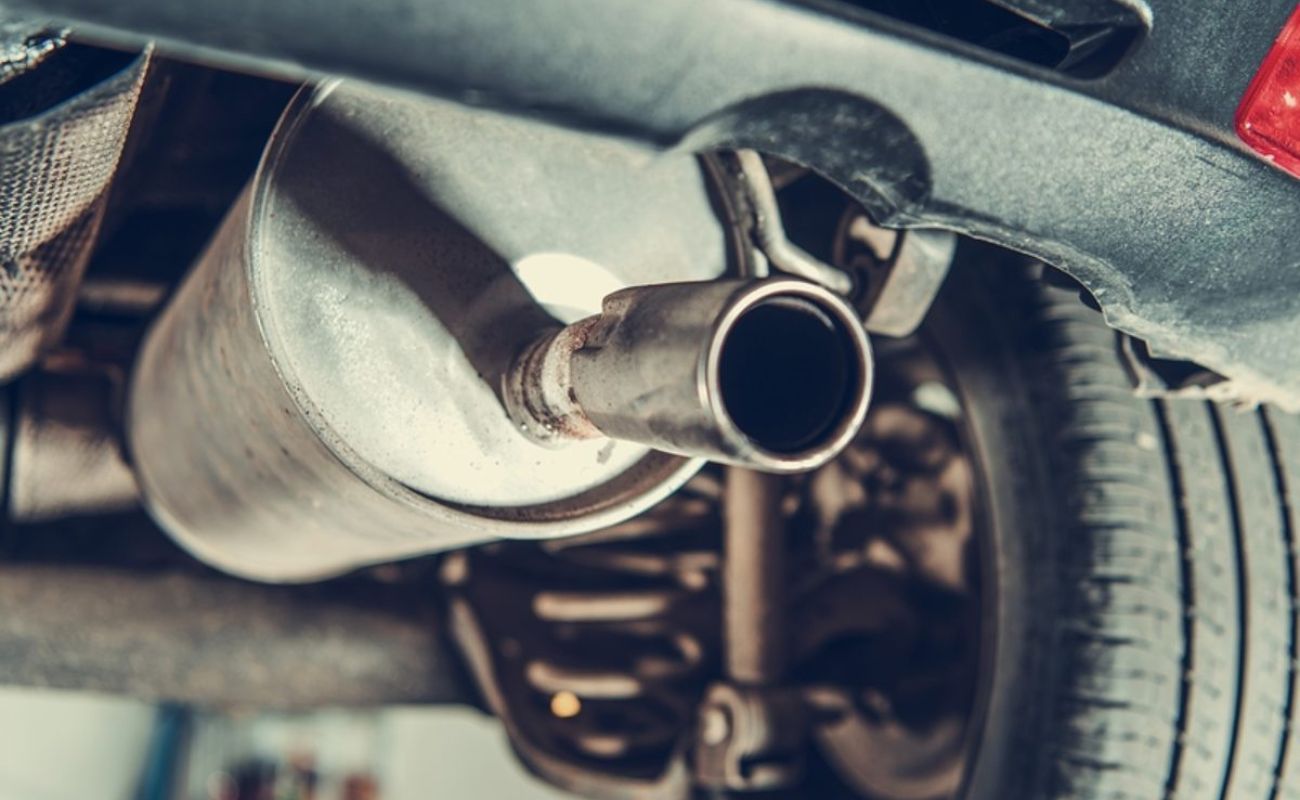
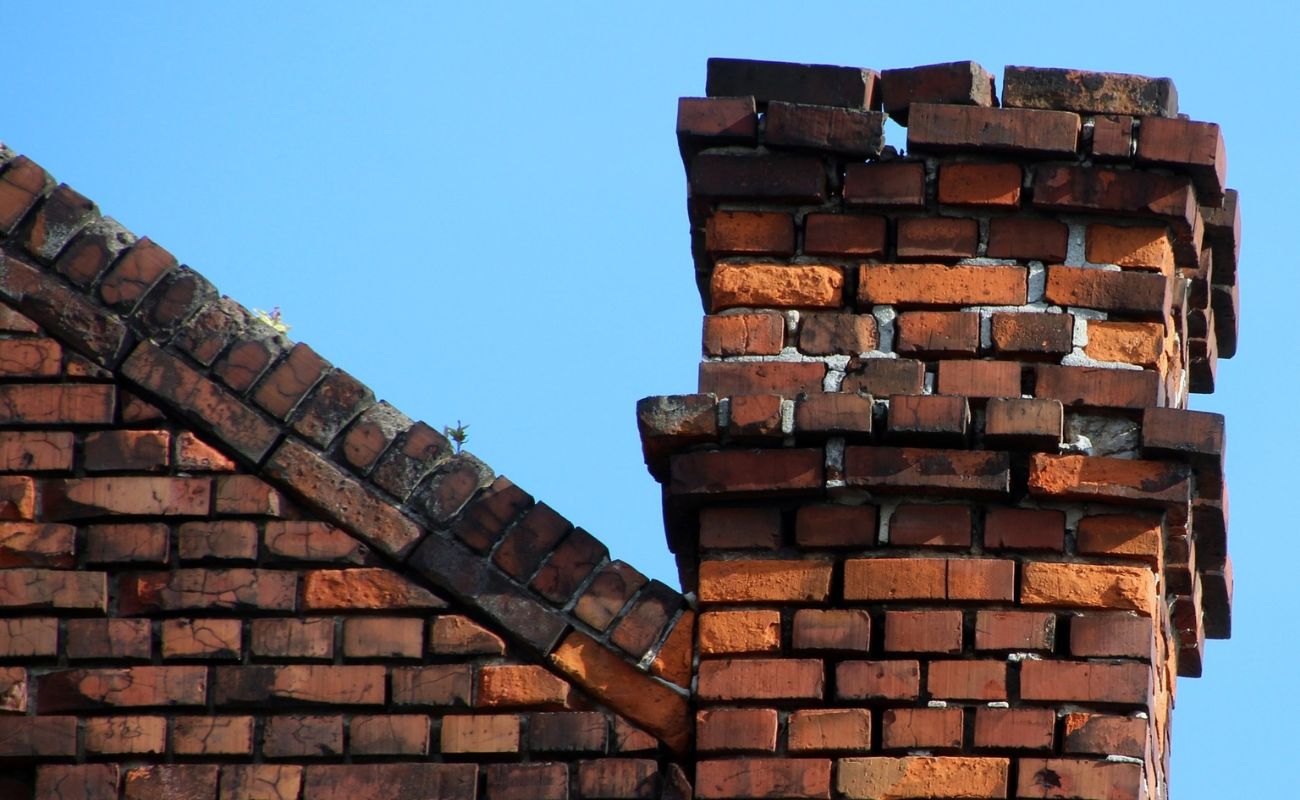
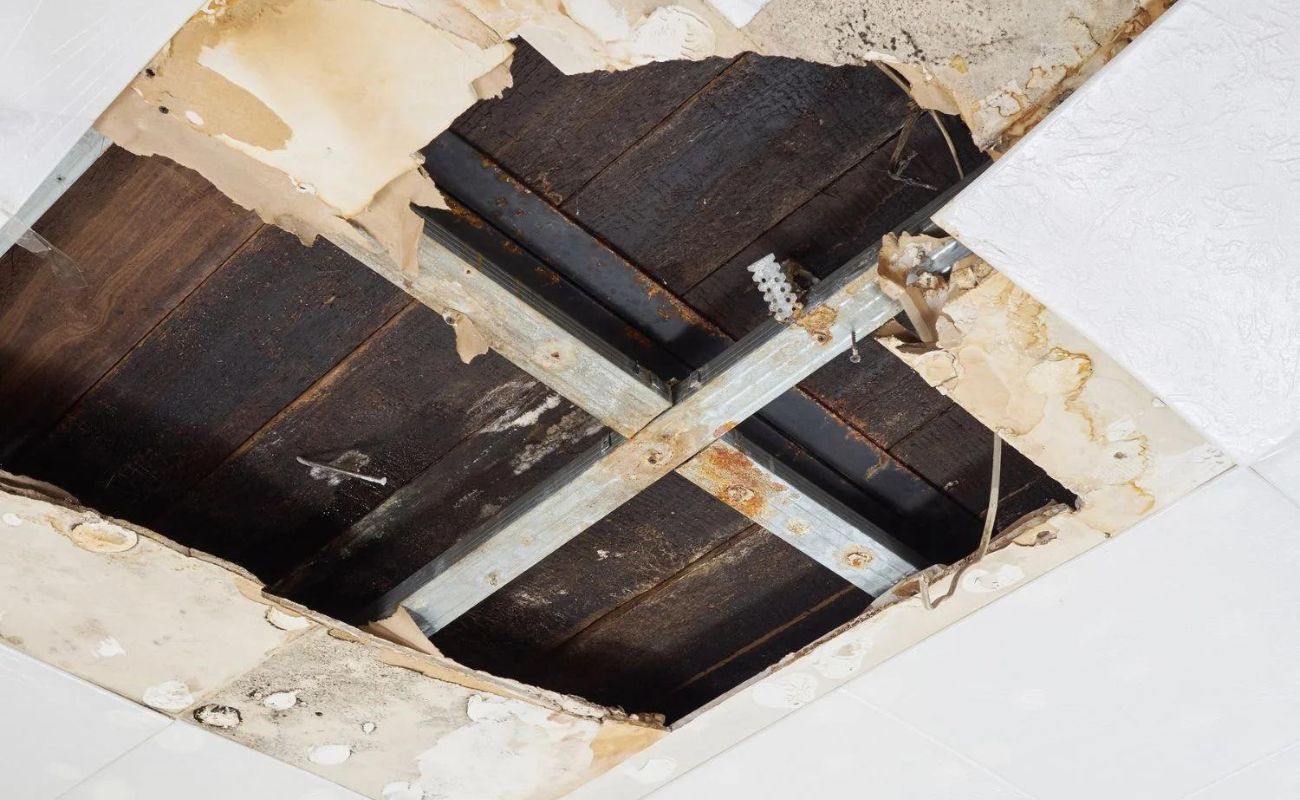


0 thoughts on “How Much Does A Home Inspection Cost In Texas”